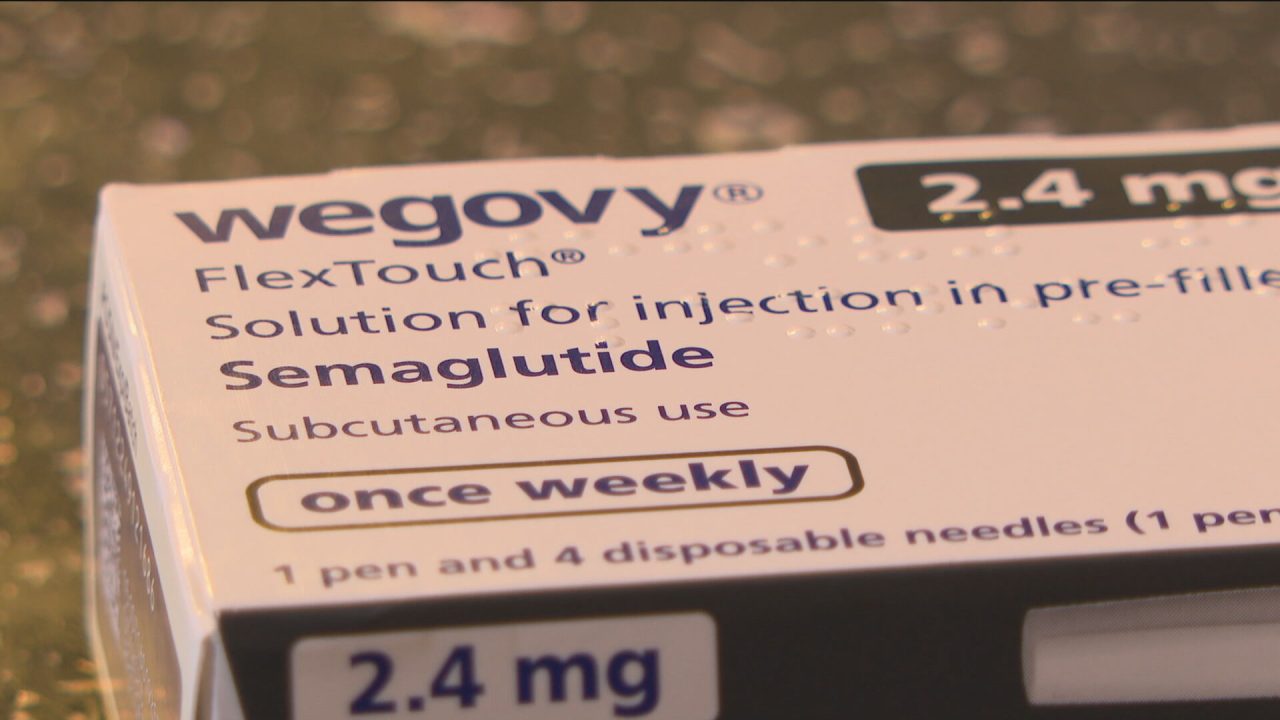People seeking weight loss jabs online will face more stringent checks as part of a shake-up of pharmacy rules.
The General Pharmaceutical Council (GPhC) has told online pharmacies they can no longer prescribe the drugs after reading a patient questionnaire, and must instead conduct a proper two-way consultation with the patient.
The move, which is intended to make sure jabs such as Wegovy or Mounjaro are prescribed safely, will include verifying the person’s body mass index (BMI) via a video consultation, in person, or through accessing GP or medical records.
It will no longer be enough to prescribe the drugs following an email chat, from questionnaires or by people sending in photos of themselves.
The GPhC, which regulates pharmacies, said it was responding to concerns relating to the unsafe prescribing and supply of medicines online, including weight loss jabs.
It comes after reports that some people are getting hold of the drugs without thorough checks, and some online pharmacies have set targets for how prescriptions should be processed per hour.
The National Pharmacy Association (NPA) is among those which called for tougher rules after becoming aware of people being wrongly prescribed the drugs who have previously had eating disorders, or whose body weight is already low.
The new rules say the prescriber must independently verify “weight, height and/or body mass index”, adding: “By ‘independently’ we mean that the prescriber uses a different way to verify the information provided to them by the person.
“This could be through a video consultation, in person, from the person’s clinical records or by contacting another healthcare provider such as the person’s GP.
“Verifying information through a phone call would not be appropriate when supplying medication for weight loss.”
The new rules also state that clinicians must ask for details of the patient’s GP and get the patient’s consent to contact them about the prescription.
The prescriber should “actively” share all relevant information about the prescription with other health professionals involved in the care of the person.
“If the person does not have a regular prescriber, such as a GP, or if there is no consent to share information, the prescriber should then decide whether it is safe to prescribe,” the guidance said.
It also said all firms must demonstrate there are no conflicts of interest such as offering “incentives to prescribers to issue prescriptions”.
Weight-loss drugs have also now been added to the list of “high-risk” medicines requiring extra safeguards.
The new guidance backs up regulatory standards. If pharmacists do not adhere to the guidance, the GPhC’s view is that they are unlikely to be meeting standards and could face enforcement action.
This could include fitness to practice investigations or inspections, conditions being put on the pharmacy and improvement plans.
Duncan Rudkin, chief executive at the GPhC, said: “The message of this updated guidance is clear: online pharmacies should only supply a medicine if the prescriber has had an appropriate consultation with the person, and has made sure they have all the necessary information to check if that medicine is safe and suitable for them.
“We know online pharmacy services can provide a very valuable service but, through our inspections and investigations, we’ve seen too many cases of medicines being supplied inappropriately online and putting people at risk.
“This updated guidance will support online pharmacies to protect their patients, and we expect them to act now to make sure these safeguards are in place.”
Other key changes to the guidance include emphasising that online pharmacies need to follow the law and guidance on the advertising and promotion of medicines.
The GPhC said it is working closely with both the Medicines and Healthcare products Regulatory Agency (MHRA) and the Advertising Standards Authority (ASA) to jointly tackle inappropriate advertising and promotions.
Weight loss jabs, known as GLP-1 receptor agonists, work by reducing food cravings and are available on the NHS for people with a high BMI.
Hundreds of thousands of people also get their prescriptions privately through online pharmacies.
Nick Kaye, chairman of the NPA, which represents around 6,000 independent community pharmacies, said it is pleased its concerns have been taken on board.
“Delivering good care whilst maintaining the highest levels of patient safety is the number one priority for pharmacies and we hope this updated guidance will help to protect the safety of patients needing weight loss injections and other higher risk medication,” he said.
“It is important to note that the vast majority of pharmacies, including online sellers, already adhere to good practice in this area and do all they can to support patients to attain and maintain a healthy weight in a carefully managed programme of treatment.
“It’s also important patients avoid unregulated sellers of medication, such as beauty salons, who could pose a serious risk to their health.”
Follow STV News on WhatsApp
Scan the QR code on your mobile device for all the latest news from around the country






























